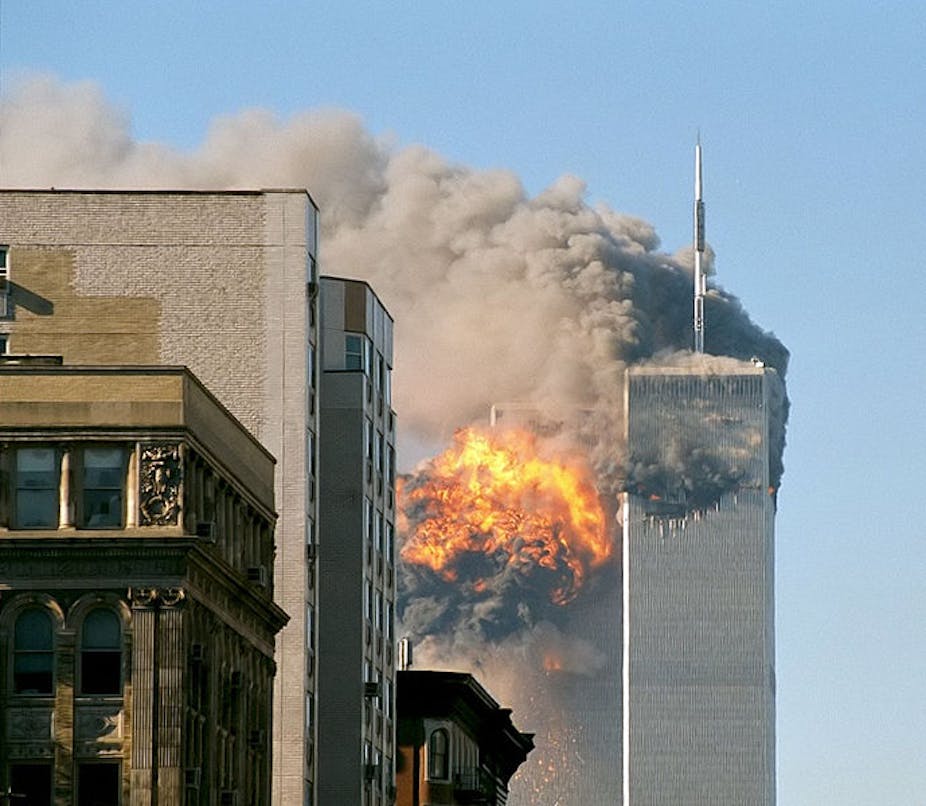The terrorist attacks on the United States on 11 September 2001 catapulted the world into another stage of history: the struggle between communism and capitalism, and references to the “end of history” were replaced with a growing reference to the inherent incompatibility between Islam and the West.
The subsequent militant attacks in a number of other states including UK, Spain, India and Indonesia have perpetuated the theme of negativity.
These ideas are finding renewed currency in the wake of the tenth anniversary of 9/11. Remembering the tragic events surrounding the attacks on World Trade Centre, and the deaths of thousands of innocent victims invariably contributes reminds us of the negative trajectory of world events in the last ten years.
A closer look at the policies adopted by states and societies in these years, however, reveals the presence of a parallel trend of bridge-building and finding space(s) in which inter-religious and inter-cultural harmony can be promoted at local, state and international levels.
At the societal level, faith-based communities had already been engaged in interfaith dialogue— a process that had gained momentum following the Iraqi invasion of Kuwait in 1990. Often responding to initiatives by Christian groups, these communities interacted to explore the space for common understanding(s).
In the post 9/11 days, these efforts were further energised with concerned citizens ensuring that the negativity did not spill into their immediate communities. Muslim organisations, including Council on American-Islamic Relations in the US and the Australian Federation of Islamic Councils in Australia, increasingly identified interfaith dialogue as one of their priorities.
The creation of the Daniel Pearl Foundation also testified to the commitment of some to turn adversity into a force to “promote tolerance and understanding internationally through journalism, music and dialogue”. Combined with innumerable citizens-initiated community dialogues across the world, these efforts have introduced a new space in which culturally and religiously diverse groups and communities are interacting with each other.
Governments around the world have also emerged as agents of bridge-building in the post 9/11 world. Unlike in the past when the task was left to civil society groups, states have made concerted efforts to promote interfaith dialogue.
The US Government, for example, not only engaged Muslim community groups but also ensured that its diplomats around the world communicated the message that the War on Terror was not designed to target Islam and Muslims.
American diplomats often hold Iftars (breaking of the fast) for Muslims in Ramadan and send greeting cards at the end of the fasting month— gestures that were not so common in the pre 9/11 days.
The Australian Government is also actively promoting religious understanding by encouraging interaction and exchange of visits with regional neighbours.
Muslim majority states, such as Malaysia, Turkey and Pakistan, have also promoted ideas that highlight the need for global understandings. These parallel trends among states and societies resulted in the UN Alliance of Civilisation being established with participation from renowned leaders, academics and community leaders committing to the agenda of building peace.
Similar trends have also been apparent in the educational sector. Within Australia, for example, tertiary institutions have sought to introduce study of religious and communal diversity.
While centres focusing on Islam and Muslims have been established, initiatives such as Religion and Globalization at the University of Western Australia also demonstrate the willingness to stretch beyond the “Islam-centric” focus of interfaith understandings. Similar shifts in the media, particularly the religion-specific programs, and in art and literature are contributing to greater understanding at different levels.
Though at an early stage, the long term effects of these parallel trends are bound to reduce the negativity which receives more attention than the positivity in the post 9/11 world.

